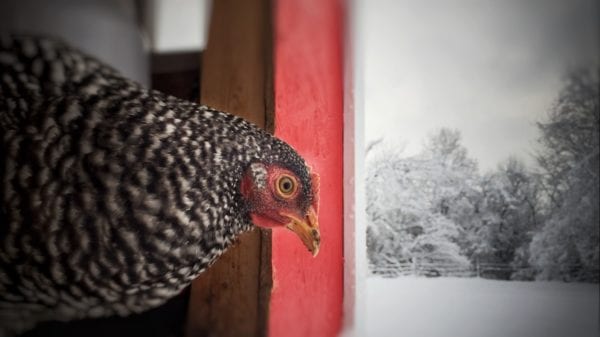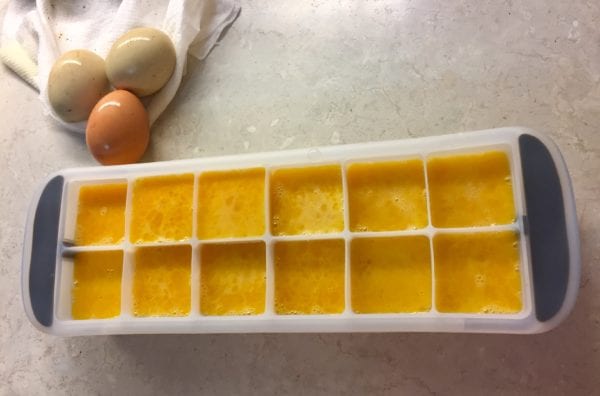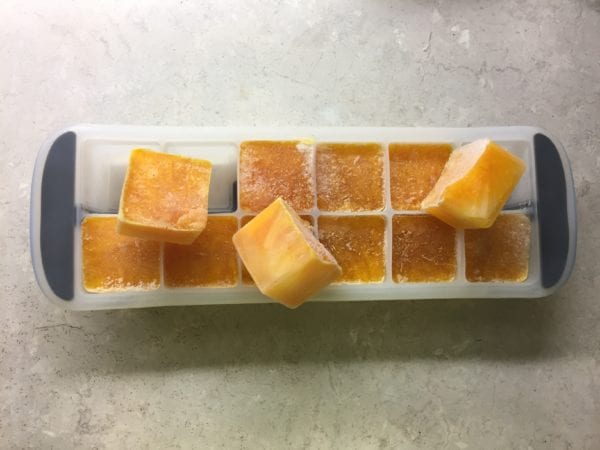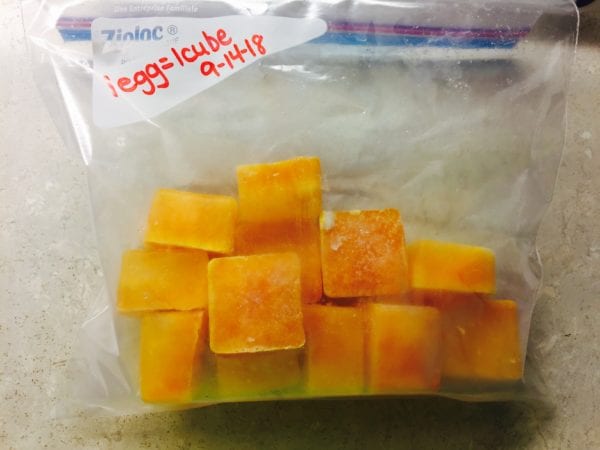Preserving Eggs for Winter

Farm fresh eggs are awesome, but production all but stops in the winter months.
Fresh eggs long after the hens stop laying.
People ask all of the time, what do you do with all those eggs? You can eat that many eggs? The truth is, we don’t get tons of eggs all year ‘round. We think we’ve found a way to continue to have fresh eggs in the winter. Last winter was our first with chickens and we learned the hard way just how slow egg production can get when winter weather hits the homestead and chickens begin molting. Our hens went from high production in the summer… to slower in the fall… to none faster than you could sing, “…Jack Frost nipping at your nose” (which can lead to chicken frostbite too).
Egg-sperimenting lead to an obvious option.
We experimented with pickling eggs this summer. They were good, but not an answer to our quest to have farm fresh eggs for frying, scrambling and baking when our chickens quit laying for the winter. We began thinking about those frozen eggs they sell at the grocery store and researched whether that may be an answer.
How to freeze eggs is simple.
We decided that we would individually crack an egg in a container, whisk them, then freeze them individually. A typical plastic ice cube tray does not hold an entire large egg and they can be difficult to remove without breaking the tray. We decided to go with silicone and found one at our local Kroger. Goodcook makes trays for food prep. We found a 2oz. tray for $8.99 on the store shelves and brought it home. It was just the right size for freezing a dozen of our farm fresh eggs.

An ice cube tray filled with fresh eggs and ready for the freezer.
One egg equals one cube.
After just a few hours, the eggs were pretty well cubed… it took about the time it would take to freeze a popsicle. After each cube is frozen, we’re easily popping them loose from the tray and storing them in gallon sized freezer bags. Each bag will hold a dozen or so.

After just a few hours, the eggs in the ice cube tray are frozen.
Egg-zactly what we need to do.
As we need them this winter, we’ll take out the exact number needed, thaw them and add them to our recipes or cook them for breakfast. With egg production still chugging along, we hope to prepare enough so we don’t have to buy any at the store this winter.

A freezer bag filled with frozen fresh eggs.